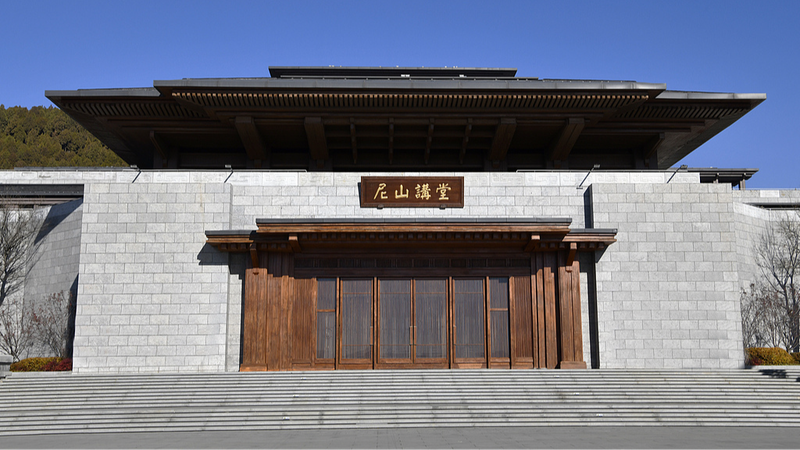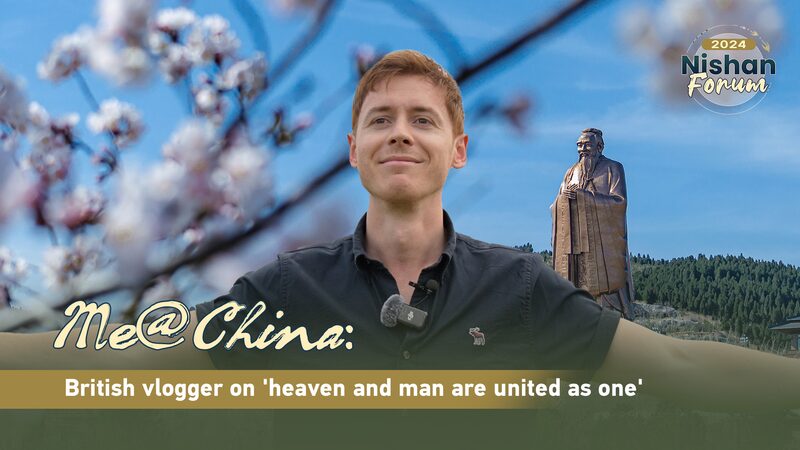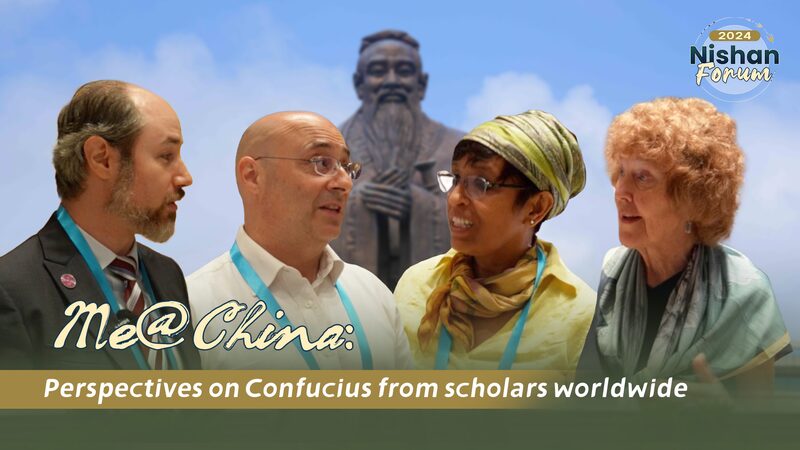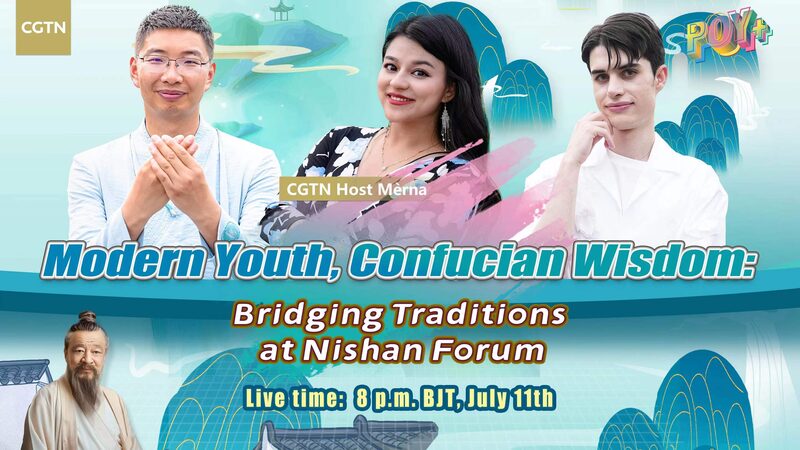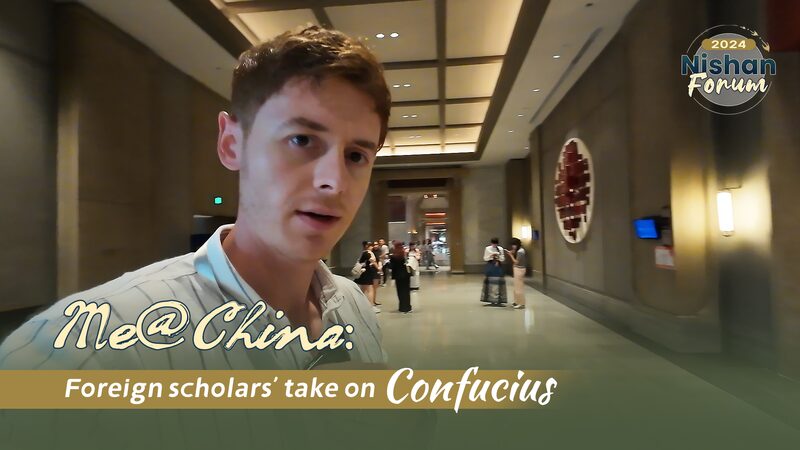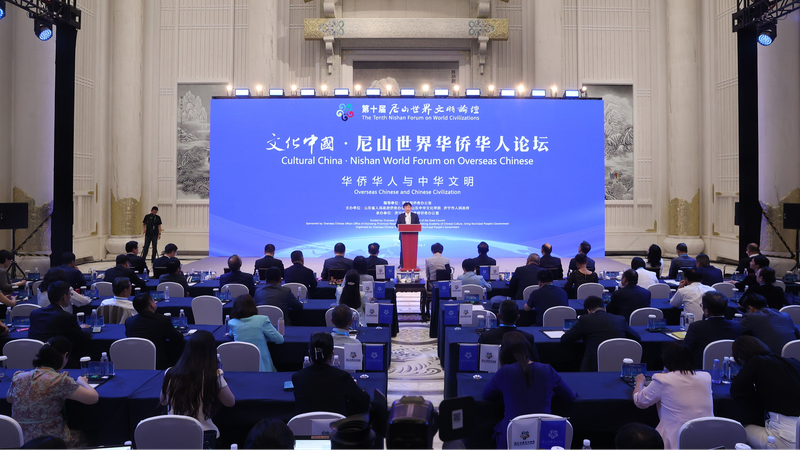As nations grapple with polarization and ethical dilemmas, an ancient philosophy is gaining renewed global attention. The 2025 Nishan Forum on World Civilizations will convene July 9-10 in Shandong Province – birthplace of Confucius – bringing together thinkers to explore how 2,500-year-old teachings might address contemporary crises.
Bridging Past and Present
Against rising geopolitical tensions and climate anxieties, organizers position the forum as a crucible for intercultural dialogue. At its heart lies Confucianism's emphasis on ren (benevolence), li (social harmony), and zhongyong (moderation) – values increasingly cited as antidotes to modern fragmentation.
"We're witnessing a hunger for ethical frameworks that transcend borders," said Tan Eng Chaw of Singapore's Confucian Society. "From corporate governance to climate action, these principles offer concrete pathways toward balanced development."
From Local Tradition to Global Vision
China's integration of Confucian values into initiatives like the Belt and Road and Global Civilization Initiative reflects this philosophical shift. The concept of a "community with a shared future for mankind," frequently cited in Chinese diplomacy, draws directly from Confucian ideals of reciprocal respect and harmonious coexistence.
East China Normal University's Professor Gao Ruiquan notes: "Confucianism isn't about nostalgia – it's a living tradition adapting to technological change and globalization. Its focus on ethical leadership and social responsibility speaks directly to AI governance and sustainable development challenges."
Testing Timeless Principles
As delegates prepare for the Nishan Forum, key questions emerge: Can a philosophy rooted in agrarian societies inform digital-age governance? How might its emphasis on collective welfare balance with individual rights? While answers remain debated, the forum's growing international participation – including Western scholars and UN representatives – suggests Confucianism's transition from cultural heritage to global conversation starter.
In an era of climate breakdown and technological disruption, this ancient wisdom tradition offers more than historical insight – it provides a mirror for societies worldwide to examine their values and envision more resilient futures.
Reference(s):
cgtn.com
